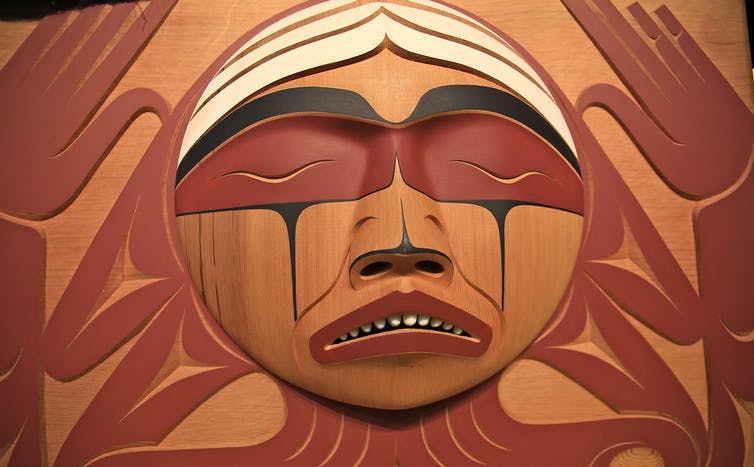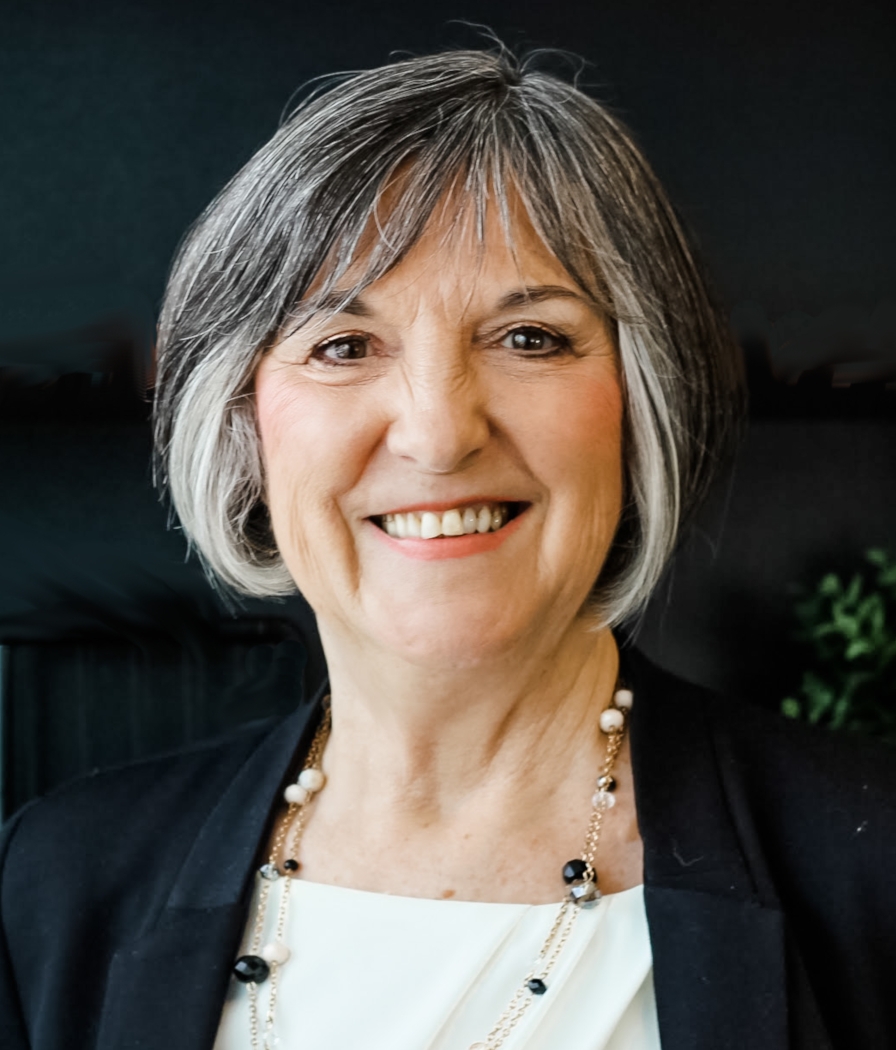
Copyright © Eyesplash Photography 2013
I spent a few hours over the weekend researching the provenance of a Facebook post a lovely elderly member of my church sent to me about a purported Toronto Sun article based on a letter received from a “Jim Bissell.” In the letter, this person represents himself as a septuagenarian who “grew up surrounded by 4 reserves and a large community of indigenous peoples” and depicts a reality in which “not all nuns and priests/not all residential schools/not all…” were bad, that in fact many of them were wonderful and helped save Indigenous lives.
Written as personally as it is, the letter is a sly attempt to counter the horrific and growing evidence of systematic and systemic abuse of Indigenous people via the decades-long imposition of the Canadian Residential School system. I won’t give further credence to the “letter” as it became clear that it was false from top to bottom. (“Jim Bissell” if he exists is a spokesperson for right-wing ACT! CANADA, a group whose hate-literature publications have been banned by Canadian publishers.)
I asked my fellow-congregant, “Why you were willing to accept this unfounded version of events when there is a mountain of incontrovertible evidence of horrible abuses that persisted all the way through 1993 (when the last Residential School was shuttered) and continue right into the present in the multi-generational trauma that our indigenous brothers and sisters must find a way to cope with?” This is largely a rhetorical question. Short answer: it’s what white people do because the truth is too “painful” and we’d really like to keep feeling good about ourselves.
At the personal level, the person who sent the post to me was a member of a church-based book club at which I had presented the anti-racism guide White Fragility in September. The record-low turnout with only 2 attendees having finished the book (“It was too much; I just couldn’t.”) was the first red flag. The second was that my recommendation that we read Five Little Indians, the award-winning novel based on actual lived experience of Residential School Survivors was completely ignored for a nearly all-white/all-woman/all privileged slate of authors for the coming year.
But this post and others like it have implications that go far beyond the experience of one person around one issue. The attitudes put forth in the “Jim Bissell” letter and the fact that it is all over the internet (including the website of a therapist) are not just common–they are ubiquitous. Before you get your knickers in a twist, I know “not every white person…” But enough are in ways large and small because we live in a society that has been shaped by racism. This includes our organizations, which in the last couple of years have been making noises about DEI (Diversity, Equity and Inclusion). In too many cases, the current organizational reality is that DEI continues to stand for Denial, Exclusion and Inequity.
Don’t believe me? Take it from someone who’s been there by watching the Netflix series Colin in Black and White. In this brilliant show, former NFL Quarterback Colin Kaepernick shares his life story and the events that cumulated in his banishment from pro football for “taking a knee” during the playing of the US national anthem (why this is played at sporting events is a whole other story). For the heinous offense of not standing, he was excoriated in the press and called a thug by the US president who demanded he be “fired” (irony fully intended).
In addition to telling his own story, Kaepernick deftly illustrates the level of outright racism, ongoing discrimination and microaggressions that BIPOC face every day. In one cringe-worthy scene, an older executive is asking a new hire with the presumption of Lawyering While Black if he intends to wear his “interesting” hair style to the office. No biggie, right? Wrong. A slight is a slight no matter how slight.
So, what does this have to do with you? I don’t know–you tell me. Does your organization have a DEI policy? Are they doing anything meaningful to combat racism or is it performative? If you are in a position of power, how are you increasing DEI in your own hiring and managing practices? Have you educated yourself on why DEI policies are needed in the first place? If so, how and what can you share with others that has helped you wake up around racial issues? If not, why not? We all have limited time/money/ energy/focus, but this is one of THE issues of our time.
And if you are still reading this post thinking, “But I’m not a racist–I’m one of the good ones,” please remember (or learn) that racism is not just individual acts against other individuals; it’s a system in which all of us participate–like it or not. Whiteness has held and continues to hold boatloads of historical privilege, in the workplace as well as society. And the ultimate is that racism is damaging to all of us at the soul level. You can cling to privileged status that has been in place since the founding of Canada (and the US), but the world is changing, and the numbers of People of the Global Majority are growing. Might be time to get on the right side of history, eh? If you’d like to chat about this, let me know.

Day Merrill, M.A., is the founding Partner and Career/Executive Coach for 2BDetermined. She is a 30-year career services professional with expertise coaching individuals and teams on a range of career and work-related topics as well as consulting to organizations in Canada and the U.S. on their workforce development needs. Day holds a B.A. from Connecticut College, a Master of Arts from Wesleyan University and has completed Coach U’s coach certification training.